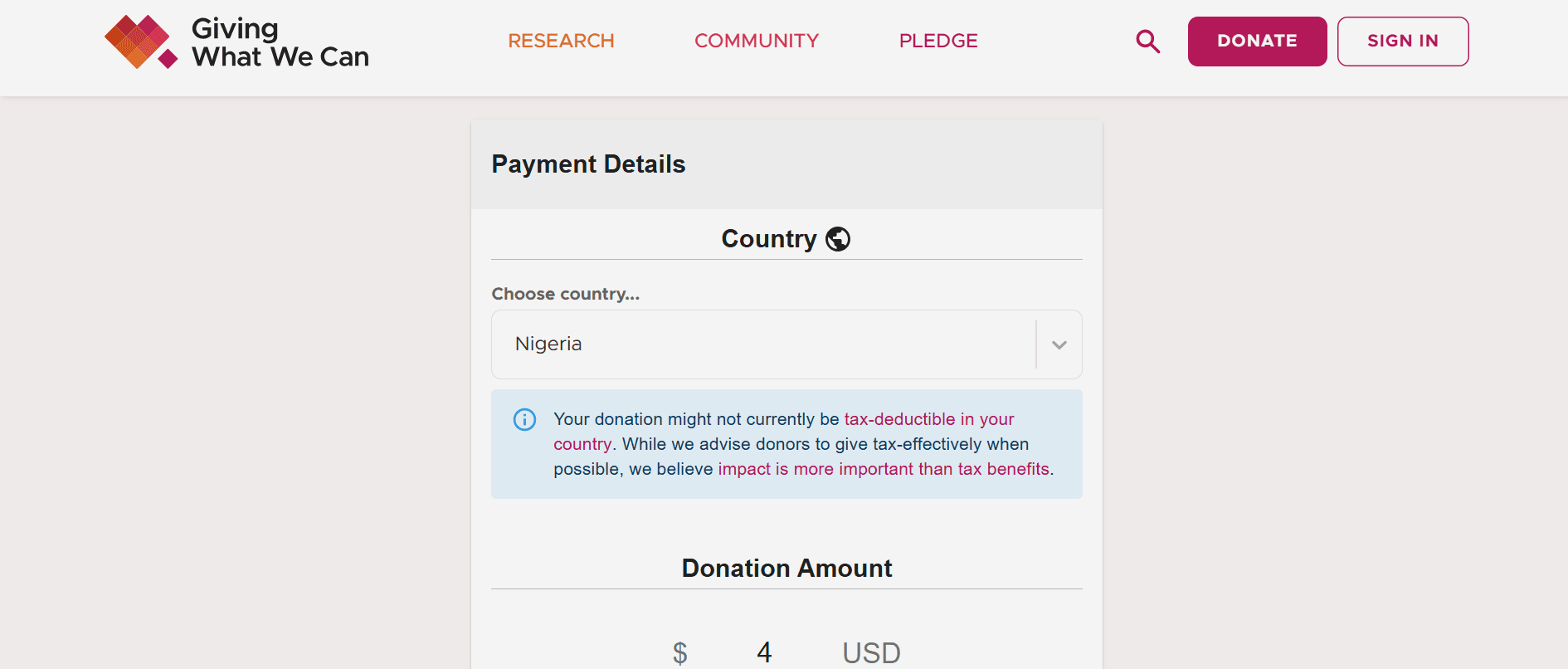Hi all —
Longtime reader, first time poster. I'm probably delinquent in making this pitch, but some EA friends of mine encouraged me to write in under the logic that if you're interested in effective altruism, you may find what we're building at Puck, our new publication, to be of value.
Puck is a new investor-backed media outlet focused on the inside conversation in Silicon Valley, Hollywood, Wall Street and Washington, and I am one of the founding partners over there. I came to Puck after about five years covering donors and their work in politics and philanthropy (first at CNN, and then at Vox); at Puck, I'm continuing to write about the world of Silicon Valley wealth, trying to report out a specific question at the heart of the Forum — how can people with resources do the most good for the world? I describe myself as EA-sympathetic, although I find myself driven primarily by a desire to equip the public with new information about a philanthropic sector that is not as transparent as many of us would like.
Over the last few months, for instance, we've written about a lot of EA topics — such as the pandemic preparedness efforts of Sam Bankman-Fried; the political activities of Dustin Moskovitz and Open Phil; and broken news about lots of the big philanthropists, such as MacKenzie Scott, Peter Thiel and Laurene Powell Jobs. A particular area of interest of mine, and perhaps to some of you, is the collision between EA and Democratic politics, or how Democratic donors can bring EA principles to campaigns and outside groups.
Anyway, you'll see that the links above are paywalled in pursuit of building a new media model, but you can read one article for free by trading an email address, and I'd be happy to email you any full story you're interested in (teddy@puck.news) If you'd like to sign up to receive this reporting straight in your inbox, you can enter your address here.



No worries. Can you edit the title?